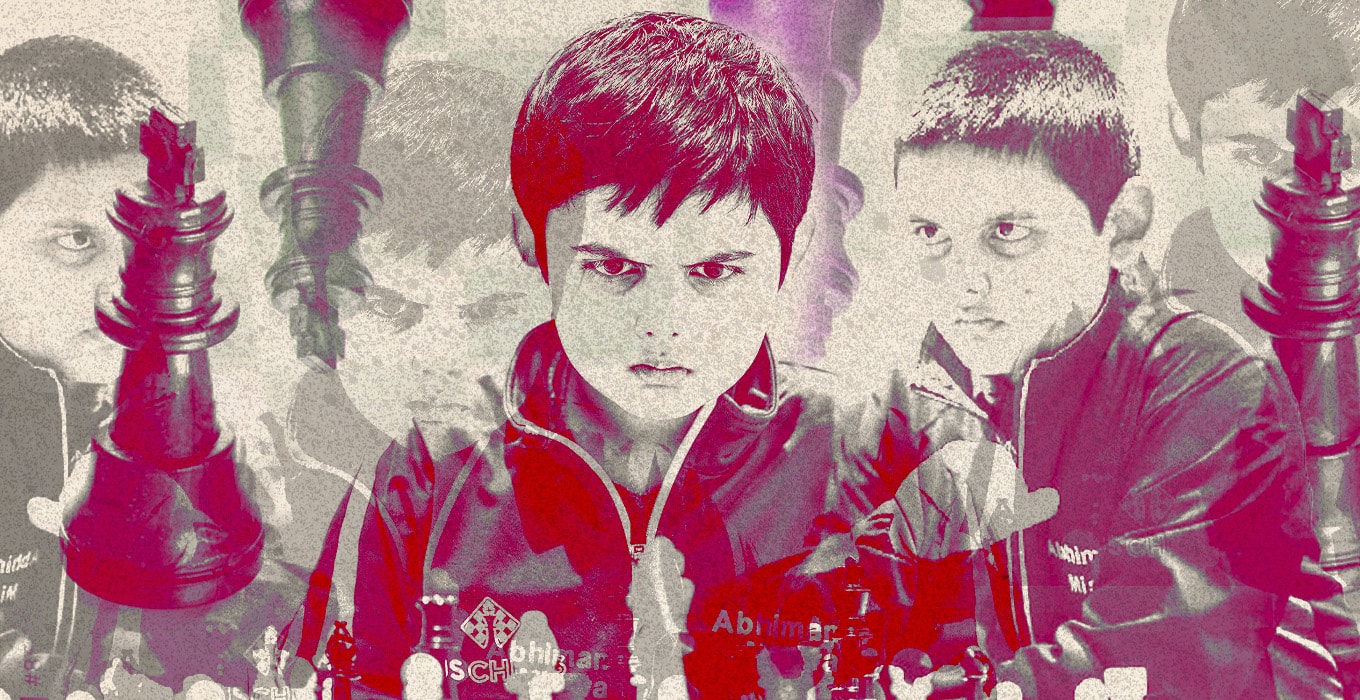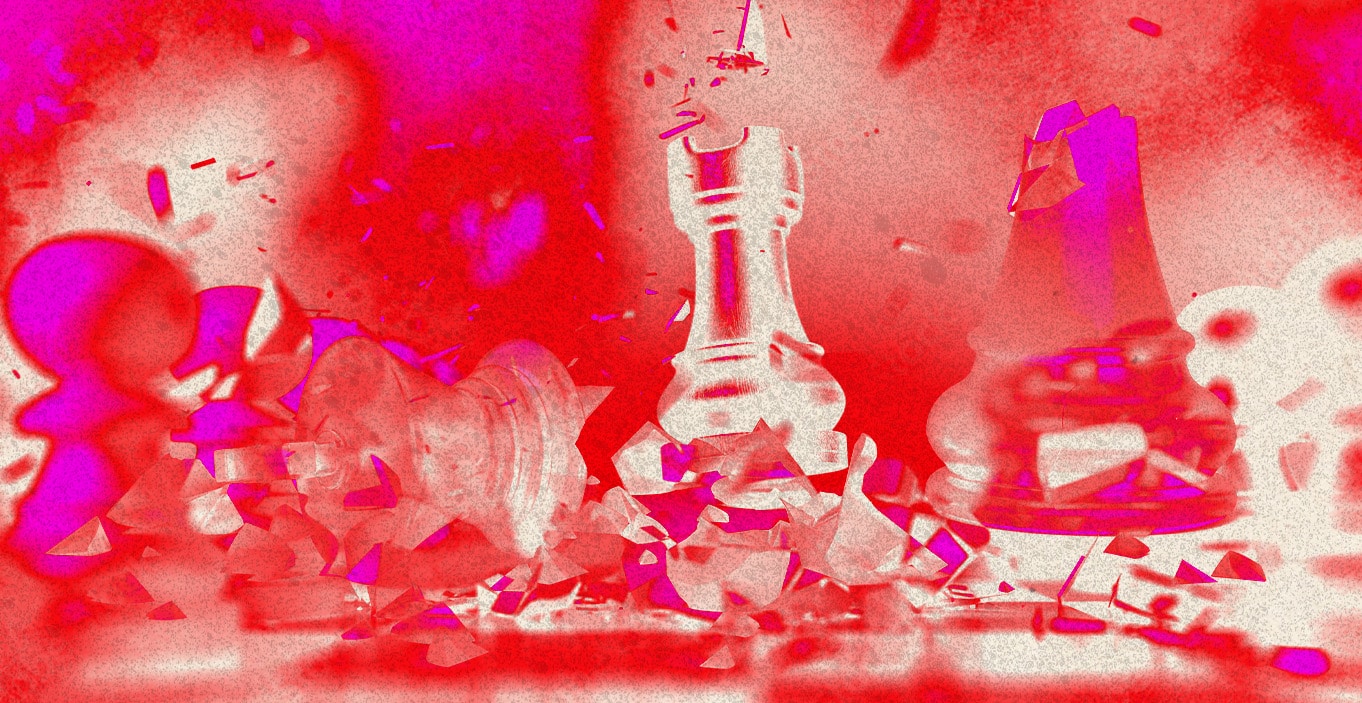This is a guest post written by Raúl Sánchez García. Raúl is a lecturer on motor learning and the theory of play at the Sports Science school of the Polytechnic University of Madrid. He is also closely connected to the Embodied Design Research Laboratory (EDRL) of the University of California, Berkeley. His research blends social and cognitive sciences to study skill acquisition from an embodied perspective. His interest in chess deals with the question of distributed cognition/agency between humans and computers. He is currently conducting a qualitative study on cheating in online chess, which he describes in this post. To participate in his study, please email Raúl Sánchez García at [email protected] before December 15, 2023.

In the wake of the pandemic, online chess has experienced a remarkable surge in popularity, welcoming diverse participants to the game. This digital transformation has introduced an almost limitless opportunity for individuals to engage in chess at any time, partake in tournaments, and enhance their skills. For decades, online chess servers have functioned on both freeware and commercial levels. While historic platforms like FICS and ICC dominated the 1990s and 2000s, Lichess and Chess.com have now taken center stage in terms of popularity.
Amidst this evolution, a pressing concern has arisen – the pervasive issue of cheating. As powerful chess computers have already surpassed human capabilities in gameplay, the illicit use of computer assistance has become a significant issue, whether in physical tournaments or online events. Both amateur and professional players frequently assert that cheating is rampant in the online chess community (Zaksaitė, 2020, p. 68).
With escalated stakes and increased prizes for top players, malicious users are more incentivized than ever to bend the rules and gain unfair advantages. The menace of cheating is particularly pronounced in the digital realm due to the absence of physical oversight. Chess.com estimated that it closed 600,000 accounts by the end of 2022, with projections of a million more to follow by early 2024 due to cheating.
The potential consequences of unchecked cheating are dire, as player interest and engagement with the game could dwindle, prompting them to seek out alternatives with more stringent cheat detection protocols. To prevent such a scenario, the implementation of robust cheat detection mechanisms has become paramount in the online gaming world. These mechanisms are pivotal in identifying and banning bad actors before they can inflict irreparable harm on the game (Yan & Randell, 2009). The inherent difficulty of monitoring players in online settings necessitates advanced cheat detection techniques to thwart cheaters from gaining an unfair edge.
The dynamics of human and computer interactions in chess have been examined in prior research. Notable studies by Regan et al. (Biswas & Regan, 2015; Regan, Macieja & Haworth, 2012) and Anderson, Kleinberg and Mullainathan (2016) have explored human and computer play in chess. In relation to cheating detection, Barnes and Hernandez-Castro (2015) investigated the feasibility of distinguishing between human and computer play based on single games, highlighting the challenge of false positives as players occasionally produce outstanding performances. Similarly, Patria et al. (2021) employed neural networks trained on game data to differentiate cheaters from legitimate players, yielding slightly above 50% accuracy. Given the millions of daily online chess matches, artificial intelligence (AI) has assumed a pivotal role in player screening. While advanced black-box machine learning techniques are proposed for cheat detection, they often lack explainability and can produce false positives. Consequently, human validation of AI findings, regardless of the approach, remains indispensable (Laarhoven & Ponukumati, 2022).
Surprisingly, no research has been published on the subjective experience of chess cheating perception, more specifically on online chess cheating perception. Despite the disturbing sensation we all have experienced at some time while playing chess online that somebody fishy was going on behind the screen, there is no further elaboration on the matter from a scientific approach. The lack of research on the subjective experience of chess cheating perception is a gap that scientific studies must fill.
Call for participants
I am conducting ethnographic research on the perception of cheating in online chess that could shed light on the emotional and psychological aspects of this phenomenon.
That is why I need your participation to further investigate the subjective perception of online cheating. I will be gathering narrations of specific episodes in which people thought somebody was cheating against them during online chess matches. I am looking for intermediate and advanced chess players (Elo rating 1000 and above) to submit their narratives on episodes of online chess cheating. I would greatly appreciate your participation to help advance in the understanding of the subjective experience in online chess cheating. To participate in this study, please email Raúl Sánchez García at [email protected] before December 15, 2023.
References
Anderson, A., Kleinberg, J., & Mullainathan, S. (2016). Assessing human error against a benchmark of perfection. KDD 2016 (pp. 705–714). New York: Association for Computing Machinery.
Barnes, D.J., & Hernandez-Castro, J. (2015). On the limits of engine analysis for cheating detection in chess. Computers & Security, 48, 58–73.
Biswas, T., & Regan, K. (2015). Measuring level-k reasoning, satisficing, and human error in game-play data. In: 2015 IEEE 14th International Conference on Machine Learning and Applications (ICMLA) (pp. 941–947).
Laarhoven, T., & Ponukumati, A. (2022). Towards transparent cheat detection in online chess: An application of human and computer decision-making preferences. In International Conference on Computers and Games (pp. 163-180). Cham: Springer Nature.
Patria, R., Favian, S., Caturdewa, A., Suhartono, D. (2021). Cheat detection on online chess games using convolutional and dense neural network. In: 2021 4th International Seminar on Research of Information Technology and Intelligent Systems (ISRITI), (pp. 389–395).
Regan, K.W., Macieja, B., & Haworth, G.M.C. (2012). Understanding distributions of chess performances. In: Van den Herik, H.J., & Plaat, A. (eds.) ACG 2011. LNCS, vol. 7168 (pp. 230–243). Springer, Heidelberg.
Yan, J. & Randell, B. (2009). An investigation of cheating in online games. IEEE Secur. Privacy, 7(3), 37–44.
Zaksaitė, S. (2020). Cheating in chess: a call for an integrated disciplinary regulation. Kriminologijos studijos, 8, 57-83.
—————————————————————–
Interested in research?
The Chessable Research Awards are for undergraduate and graduate students conducting university-level chess research. Chess-themed topics may be submitted for consideration and ongoing or new chess research is eligible. Each student must have a faculty research sponsor.
Applications for the Spring 2024 cycle of the Chessable Research Awards are open until October 1, 2023. For more information, please visit this link.




